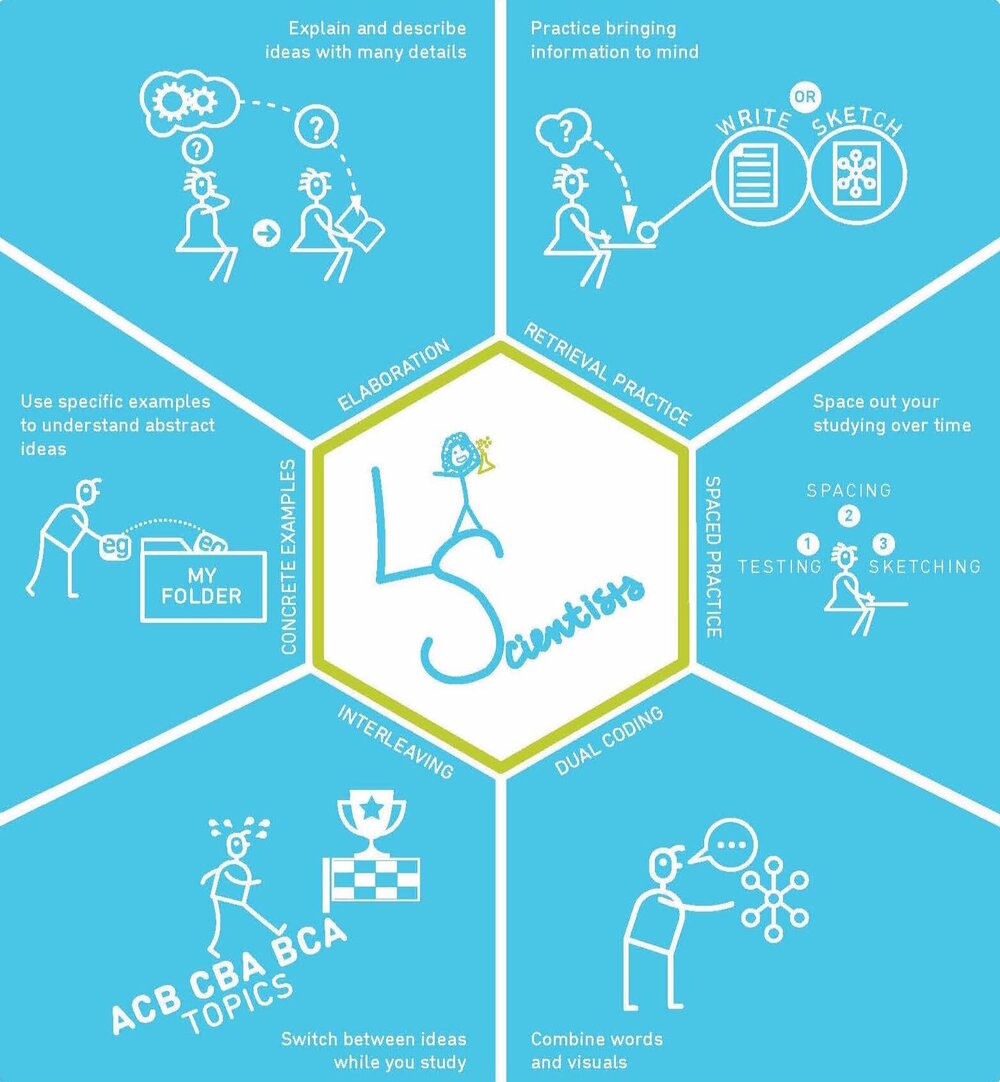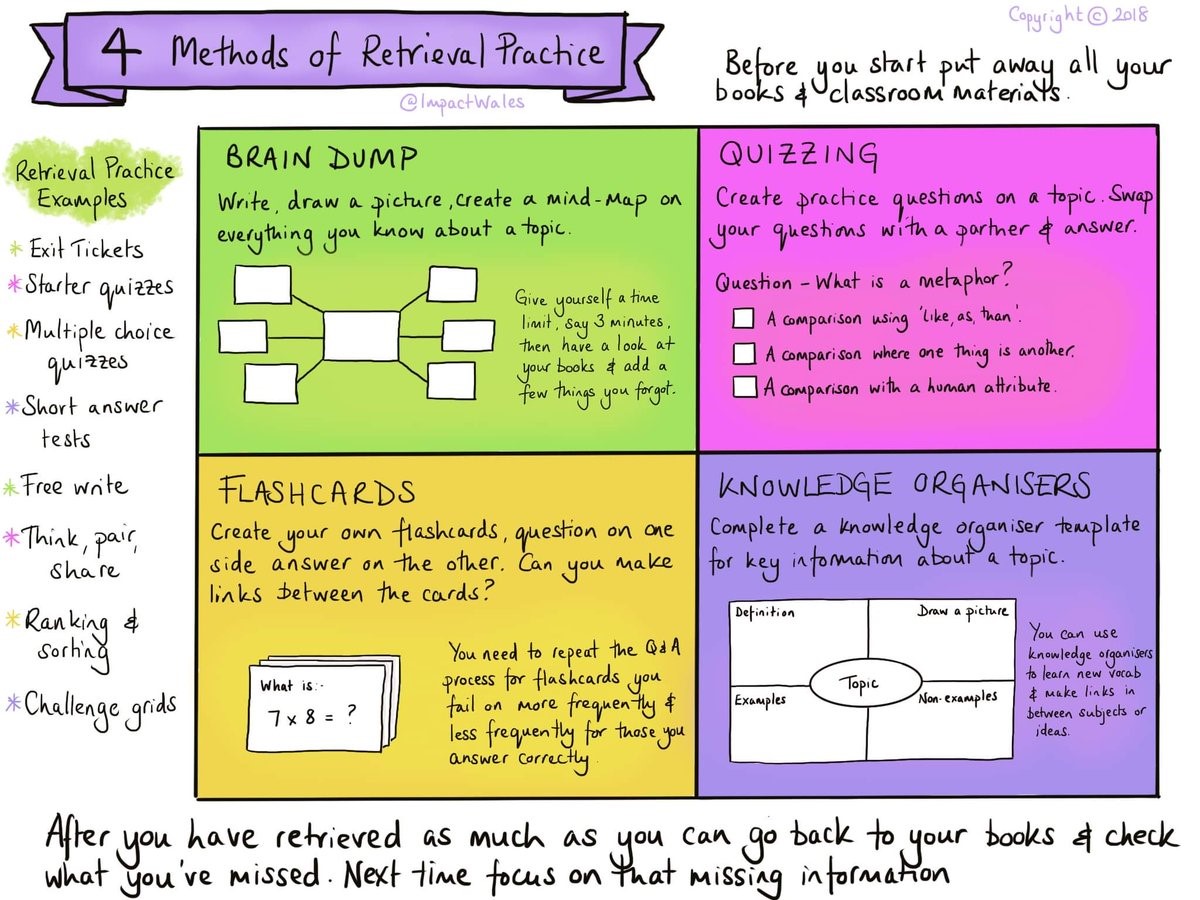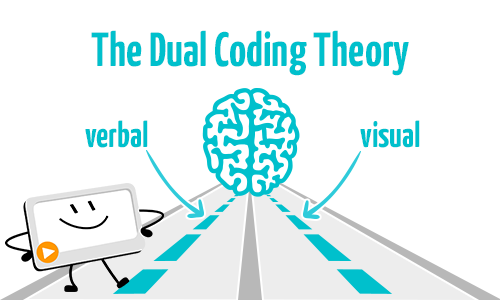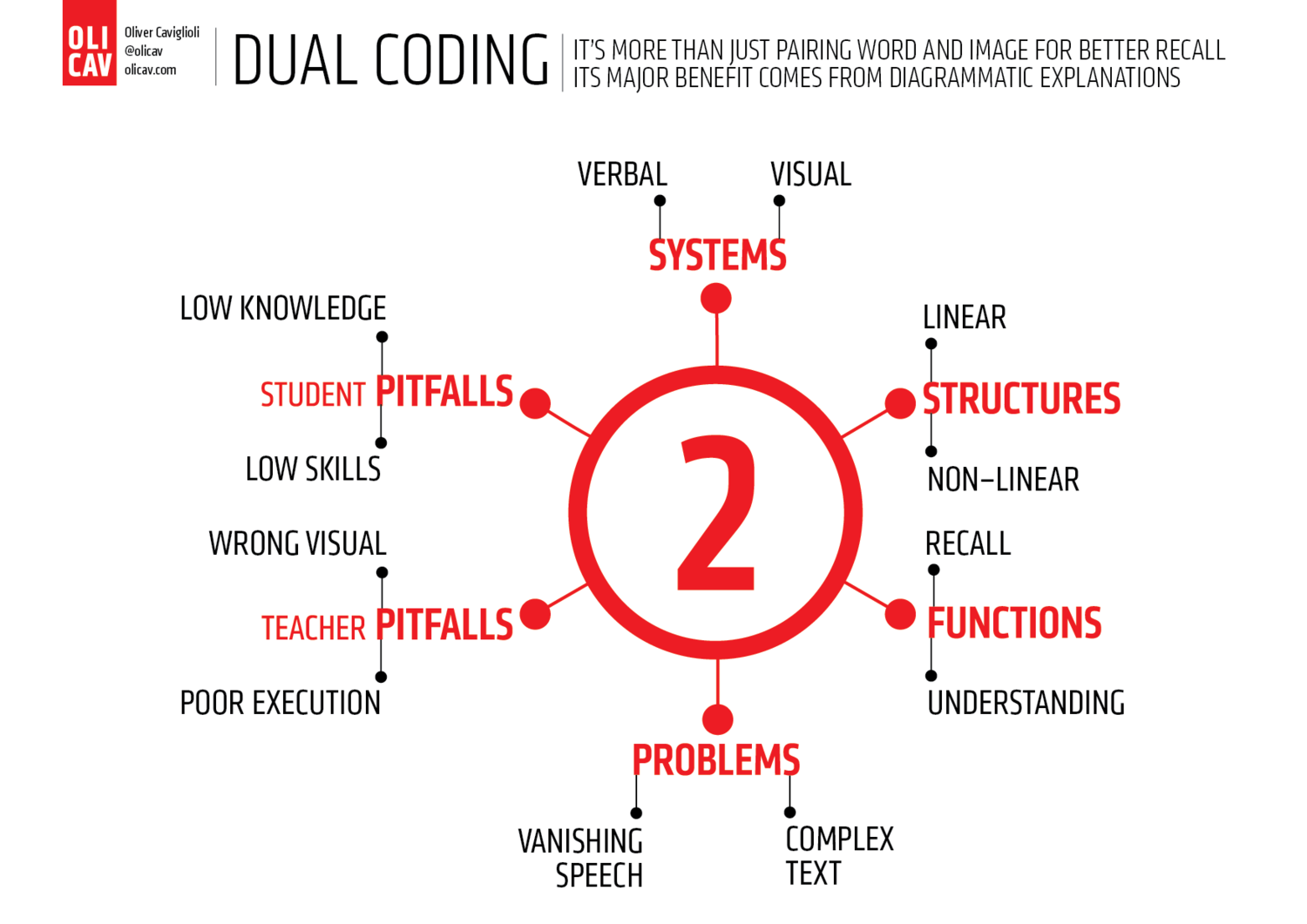Introduction Read Me! - Recapping on Long Term Learning
Coventry College is on a journey of improvement that puts learners at the heart of everything that we do. We have ‘high expectations and high aspirations’ for all our learners, irrespective of their starting point, and we are committed to providing an ambitious curriculum which fully prepares our learners for the next stage of their education or employment and improves their life chances.
This is achieved through:
- ambitious curriculum planning and design, which recognises the importance of a broad and balanced education and positive progression routes
- effective planning and teaching for long-term learning and meaningful assessment, feedback and support that allows learners to develop knowledge, skills and behaviours according to their potential and make good or better than expected progress.
The college is currently rated as grade 3 ‘Requires Improvement’. We are striving to become a grade 2 ‘Good’ college, something we can all be proud of. Continuing with these key priorities will help us to achieve that. Our success will be determined by the commitment and determination that we all continue to show to support our learners and I look forward to the next chapter.
Patrick Geary (Vice Principal - Curriculum, Innovation, Quality & Performance)
----------------------------------------------------------------------------------------------------------------------------------------------------------------------
As you all know we launched 3 key priorities which would form part of our TLA way of working, for the foreseeable future. Curriculum staff were asked to undertake a full review of their Assessment practices, looking at how to make them more efficient, effective and reliable for our learners. We asked everyone to think 'outside the box' and consider how to make things 'smarter' for both learners and staff.
Then, we delivered a whole-college training session on Long Term Learning (LTL) which started the journey for curriculum colleagues to think about how to embed practices to teach learners better; to not only know and be able to do more, but to 'retain' and 'recall' their learning, into the future, thus equipping them to achieve and succeed well beyond their time with Coventry College. Ofsted launched their new EIF at the same time which further validated the college's new approach to teaching, learning and assessment.
In order to take the next steps in our development to achieve high expectations and high aspirations, we are now expecting all teachers to review the developments they have worked hard on so far around Long Term Learning, and recap the key principles before considering planning for the next academic year. Start by clicking the 'Planning for LTL' topic below. Feel free to come back to this Area of Study page at any time and review your progress on the green bar below this description.
We advise you take notes as you are progressing through this area of study, particularly if you have not yet started planning your teaching for next year.
Please do not hesitate to contact your Teaching Coach for further guidance.
Donna Wilson (Quality Manager, Teaching, Learning and Assessment)















